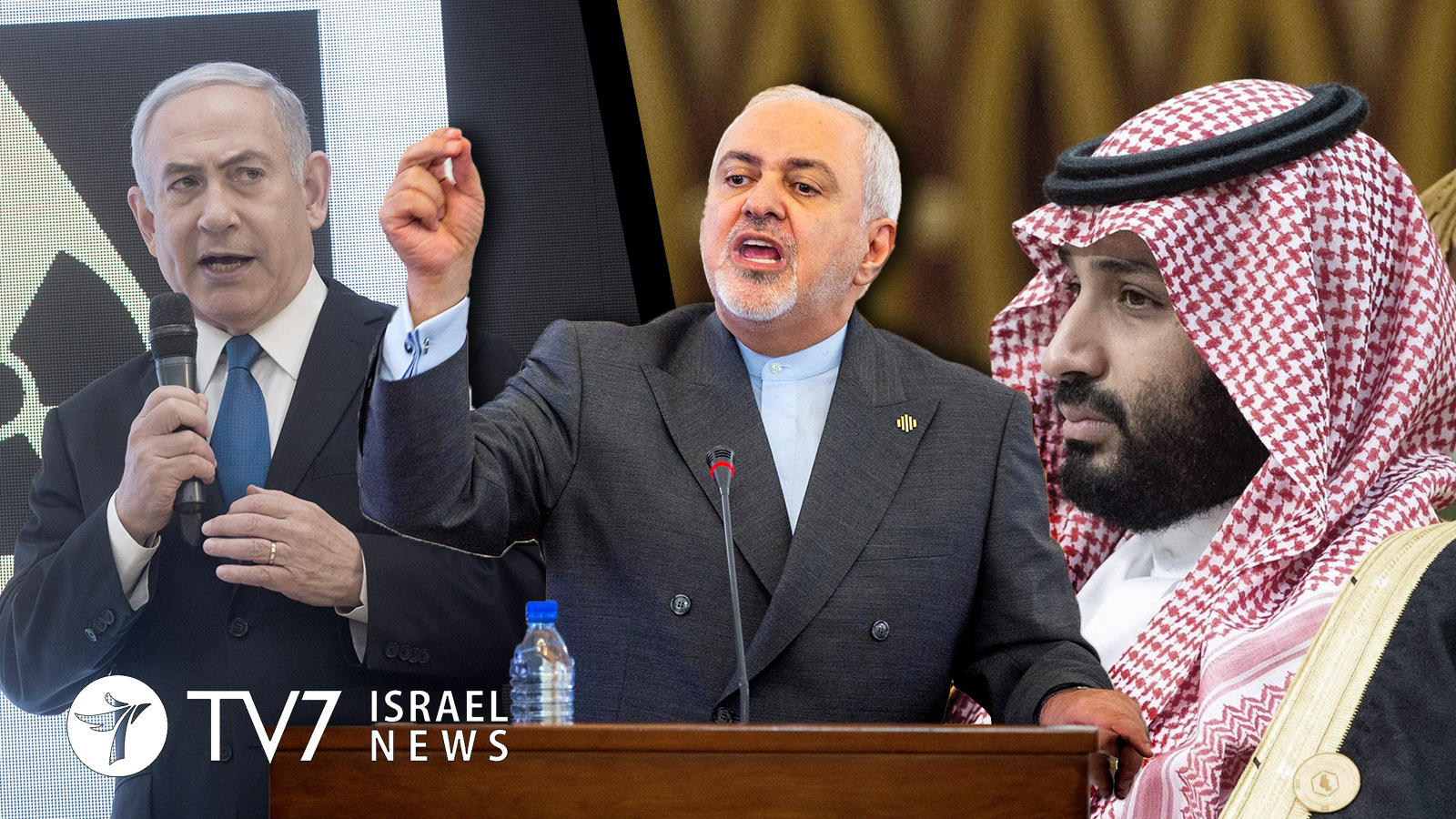Saudi Arabia is vehemently denying Iranian allegations that the Kingdom was involved in the assassination of the Islamic Republic’s top nuclear scientist.
Dr. Mohsen Fakhrizadeh, widely regarded by Western and Israeli government of masterminding a clandestine Iranian nuclear weapons program, was ambushed on a highway near Tehran on 27 November and gunned down in his car.
Iranian Foreign Minister Mohammad Javad Zarif had suggested the reported covert meeting in Saudi Arabia between Crown Prince Mohammed bin Salman and Israeli Prime Minister Benjamin Netanyahu, at which U.S. Secretary of State Mike Pompeo was also present, contributed to Fakhrizadeh’s assassination.
“Pompeo’s hurried trips to the region, the trilateral meeting in Saudi Arabia and Netanyahu’s statements all point to this conspiracy that unfortunately emerged in Friday’s cowardly terrorist act and the martyrdom of one of the country’s top executives,” Zarif posted on Instagram Monday.
Saudi Minister of State for Foreign Affairs Adel Al-Jubeir condemned his Iranian counterpart for implicating Riyadh in the killing, tweeting, “Iranian Foreign Minister Zarif is desperate to blame the Kingdom for anything negative that happens in Iran. Will he blame us for the next earthquake or flood?”
Israeli Prime Minister Benjamin Netanyahu is believed to have held three hour talks in the Saudi Red Sea city of Neom with Crown Prince Bin Salman on 22 November, in the first visit of its kind. It is also thought that Netanyahu was accompanied by the Director of the Mossad intelligence agency Yossi Cohen, who has been spearheading discreet diplomatic outreach to Gulf Arab states.
Riyadh has until recently traditionally championed the Palestinian cause and shunned all official contacts with the Jewish State. The administration of U.S. President Donald Trump has called on the Saudis to follow their neighbors, the United Arab Emirates and Bahrain, in establishing formal relations with Israel. The Washington-brokered Abraham Accords are focused on establishing a united regional front against shared enemy Iran, which is also Saudi Arabia’s arch regional rival.
Since August, Saudi leaders have allowed Israeli airliners to overfly their territory en route to newly available Gulf destinations and Asia.
Both Israel and Saudi Arabia have recently ramped up rhetoric against Iran, which is locked in several proxy wars with Riyadh in the region.
Saudi Arabia has not formally condemned the Fakhrizadeh assassination, unlike the other five Gulf Cooperation Council member countries. When asked by the Russian RT broadcaster for comment yesterday, the Saudi ambassador to the United Nations would only say that the kingdom “did not support the policy of assassinations at all.”
Meanwhile, another senior Iranian official has accused the foreign-based ‘Monafeghin’ opposition group of complicity with Israel in the killing.
Ahead of the nuclear scientist’s funeral at Tehran’s Imamzadeh Saleh mosque, Secretary of the Supreme National Security Council of Iran Ali Shamkhani told state TV that Israel’s Mossad intelligence agency supplied information and sophisticated equipment for the group for the execution.
“This was a very complicated assassination that was carried out remotely with electronic devices and no one was present at the scene,” claimed Shamkhani, adding, “but there are some clues – we realized the person who planned this assassination, of course Monafeghin have a large part, and of course the criminal part of this incident is the Zionist regime and Mossad.”
“Monafeghin” is a term used by Iranian officials to refer to the Paris-based National Council of Resistance of Iran (NCRI), which is a bloc of opposition groups in exile that seek an end to Shi’ite Muslim clerical rule.
The group has rejected the accusation. Netanyahu’s office has also declined to comment on the killing.
Despite a lack of evidence to substantiate the allegations, Iran’s Defense Minister Amir Hatami also expressed conviction of Israeli involvement.
“Today, we face an enemy who has mentioned for 40 years that the military option is on the table, but did not have the courage or the opportunity to use it, and finally shamefully put this option on the table (secretly),” Hatami said while speaking to Tehran’s top security officials. “The enemy knows and I, as a soldier, tell them that no crime, no terror and no stupid act will remain unanswered by the Iranian people, and we will severely pursue the criminals. They must know that they will be punished for their actions,” he vowed.
During the address, Defense Minister Hatami also made an apparent attempt to justify the Islamic Republic’s self-perceived legitimacy to acquire nuclear weapon capabilities – similar to that of the United States and presumably Israel.
“The criminal United States has thousands of nuclear weapons, and the criminal Zionist regime has hundreds of nuclear weapons. What are these weapons for? Are these weapons for use as decor in your home?” Hatami challenged.
It is important to note that last Thursday the Iranian Parliament adopted a bill requiring the government to step up uranium enrichment closer to the level needed for atomic bombs, in violation of the remaining curbs it still observes in accordance with the 2015 Joint Comprehensive Plan of Action (JCPOA) deal. The move came just one day after the European Union slated a meeting to “ensure the full and effective implementation of the agreement by all sides” on 16 December.
Iranian media cited the parliament’s National Security and Foreign Policy Commission Spokesman, Abolfazl Amouei as saying that the official name of the bill is “Strategic Action to Lift Sanctions.” The legislation also requires Iran’s Atomic Energy Organization to build a new heavy water reactor and operate a metal uranium production plant.
